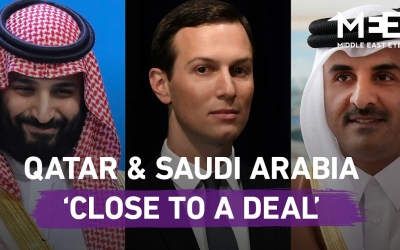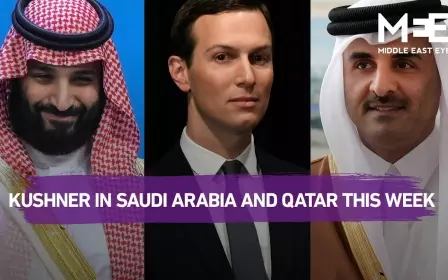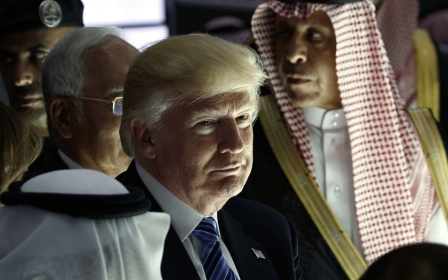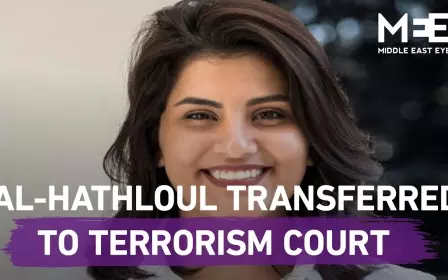Qatar blockade: Kuwait says progress made towards deal to end isolation
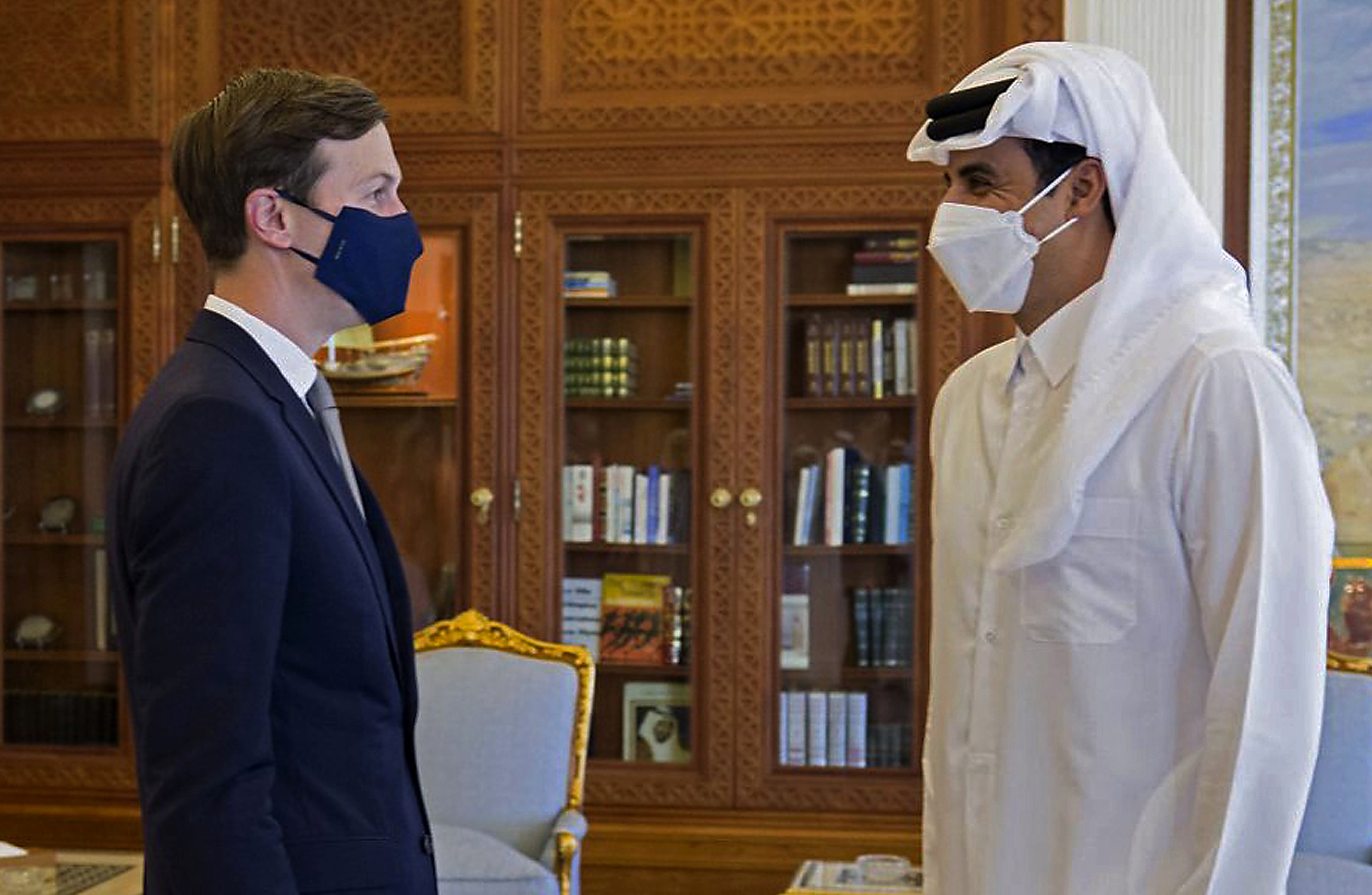
Kuwait's foreign minister said on Friday that there had been "fruitful discussions" over reconciling Qatar with its Gulf neighbours and ending the almost four-year blockade of the country.
Speaking to media following meetings between the different countries in Kuwait, Ahmad Nasser al-Mohammad Al Sabah said that "fruitful discussions took place in which all parties emphasised the importance of efforts to resolve the crisis and achieve the aspiration of the peoples of the countries of the region".
He also thanked US presidential advisor Jared Kushner, who is currently on a tour of the Gulf, for his help in the mediation.
New MEE newsletter: Jerusalem Dispatch
Sign up to get the latest insights and analysis on Israel-Palestine, alongside Turkey Unpacked and other MEE newsletters
'Fruitful discussions took place in which all parties emphasised the importance of efforts to resolve the crisis and achieve the aspiration of the peoples of the countries of the region'
- Ahmad Nasser al-Mohammad Al Sabah, Kuwaiti foreign minister
Riyadh, along with Bahrain, the United Arab Emirates and Egypt, cut all ties with Qatar in June 2017 over allegations that Doha was too close to Iran and Iran-backed militant groups. Qatar has denied the accusations.
Kuwait has maintained relations with Qatar, however, and has attempted to mediate in past.
The boycotting countries have closed their airspace, land borders and sea channels to Qataris and vehicles registered in Qatar.
That has forced Qatar Airways aircraft to fly over Iran, Riyadh's arch-rival and a long-time adversary of Washington, paying significant overflight fees to Tehran in the process.
In a tweet on Friday, Saudi Arabia's foreign minister, Prince Faisal bin Farhan, said: "We look with the utmost appreciation at Kuwait's efforts to bring the views towards the Gulf crisis closer together, and we thank the efforts of the US administration in that regard, and we look forward for their success for the good and interest of the region."
Earlier on Friday, Qatar's foreign minister said there had been movement towards settling the dispute but could not say whether an agreement would be "imminent".
Sheikh Mohammed bin Abdulrahman Al Thani made the comments to an Italian diplomatic conference after White House senior adviser Jared Kushner held talks in Doha on Wednesday, following a visit to Saudi Arabia.
"Right now there are some movements that we hope will put an end to this crisis," said Sheikh Mohammed, speaking via video link.
"We are hopeful that things will move in the right direction right now. We cannot predict whether it will be imminent or resolve the issue in one day."
His comments come in the wake of a number of media reports suggesting a deal between Saudi Arabia and Qatar is close at hand.
Sources told Qatari media outlet Al Jazeera on Wednesday that the two countries were close to a "preliminary agreement" to ending the stand-off.
Kushner is expected to tackle the Gulf crisis and push for progress towards ending the spat, as he began a visit to Qatar on Wednesday.
The official Qatar News Agency reported that Kushner met with the country's ruler, Emir Sheikh Tamim bin Hamad Al Thani, saying they discussed "developments in the region".
Few details have been made public about Kushner's trip, which could be his last chance to press diplomatic issues in a region that has been a focal point for the outgoing administration of his father-in-law, US President Donald Trump.
The Wall Street Journal quoted US officials on Wednesday as saying that the main focus of the talks would be to settle a dispute to allow Qatari planes to fly through the airspace of Saudi Arabia and the UAE.
Kushner has been joined on the trip by Avi Berkowitz, an assistant to Trump who played a key role in securing normalisation deals between Israel and the UAE, Bahrain and Sudan earlier this year.
Both Saudi Arabia and Qatar have made comments in recent weeks indicating a greater willingness to resolve the dispute.
However, sources told Bloomberg that the new deal would not involve the three other countries that severed ties with Qatar - the UAE, Bahrain and Egypt.
One source added that a broader regional realignment also remained a long way off as long as other issues - such as Qatar's relationship with Iran - were not resolved.
Middle East Eye delivers independent and unrivalled coverage and analysis of the Middle East, North Africa and beyond. To learn more about republishing this content and the associated fees, please fill out this form. More about MEE can be found here.


